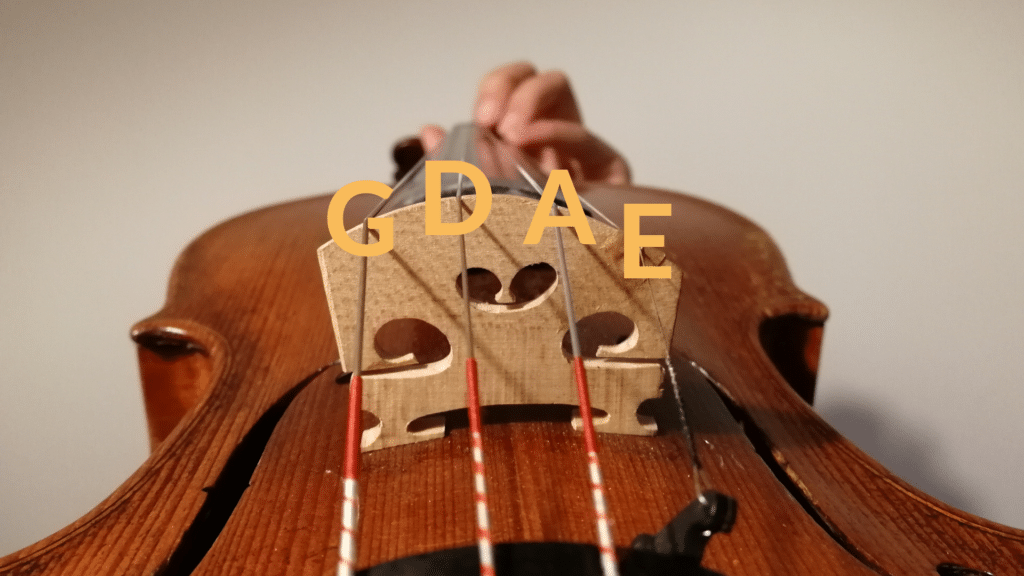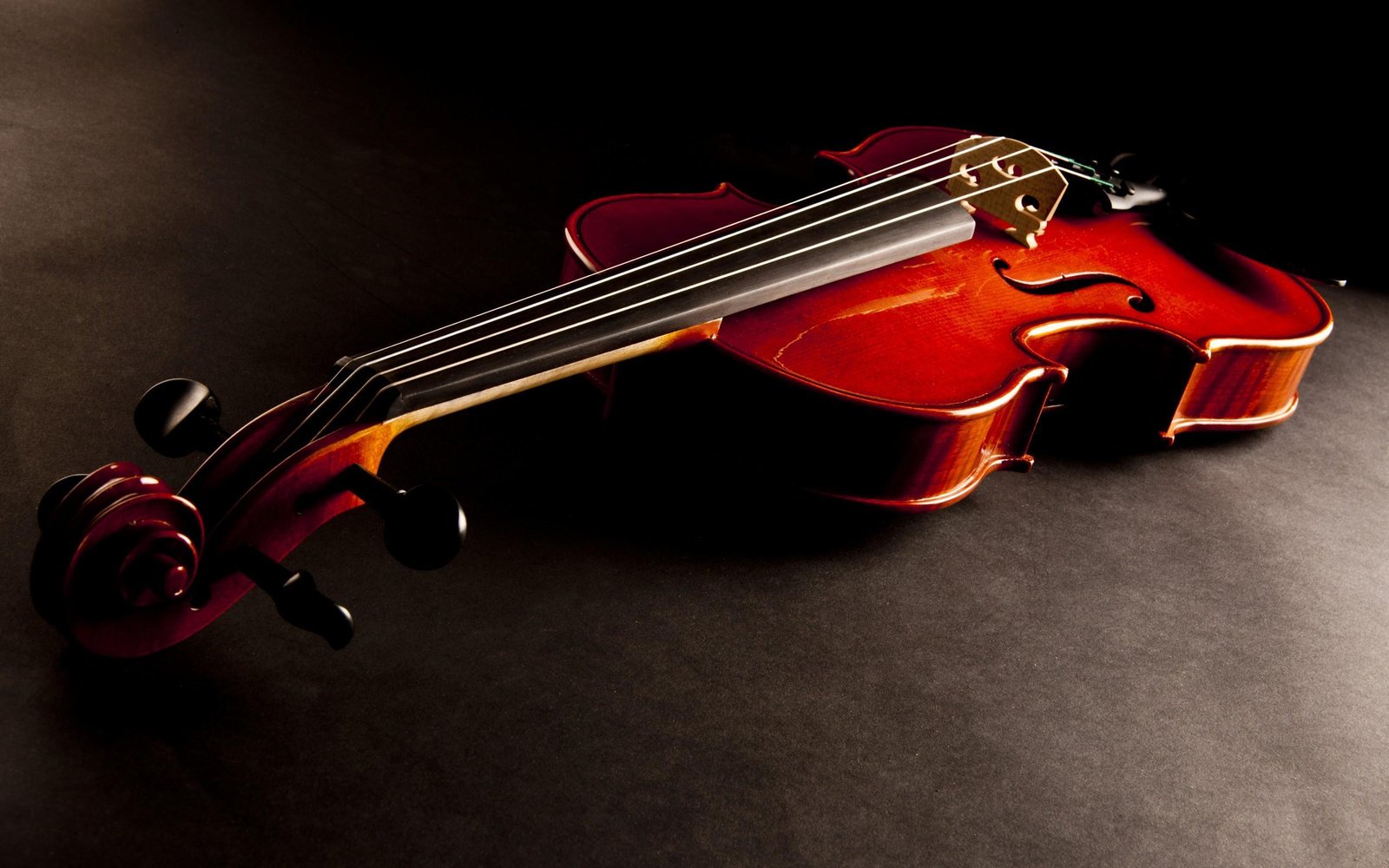Introduction:
Most players focus on the ukulele’s size or body wood. But one small detail changes everything about the strings. The right ukulele strings improve tone, comfort, and tuning. The wrong ones can make even a good ukulele sound dull. Every ukulele type, soprano, tenor, baritone, and bass, works best with specific string materials. Nylon, fluorocarbon, and wound strings each bring a unique feel and sound. This guide will teach you which strings match your ukulele and why it matters. We’ll share expert tips, brand suggestions, and practical advice. Whether you’re strumming your first chord or upgrading for a gig, this article helps you pick the perfect strings.
My Experience with Ukulele Strings
When I first started playing tenor ukulele, I used standard nylon strings. They felt soft under my fingers, but the sound lacked clarity. Curious, I switched to fluorocarbon strings, and the difference was immediate. The tone became brighter and more focused. Chords rang out cleaner, and fingerpicking felt crisper. Fluorocarbon also held tuning better, especially in humid conditions. Nylon was easier on the fingers, but I preferred the sharper tone of fluorocarbon for my style. This experience taught me an important lesson: don’t rely only on packaging or reviews. Everyone’s hands and ears are different. Try a few string types and see what feels and sounds right to you.
Ukulele String Basics: Materials & Tone
Most ukulele strings fall into three main types: nylon, fluorocarbon, and wound metal. Each material affects how your ukulele sounds, feels, and responds when played.
- Nylon strings are the most common. They offer a soft, mellow tone and are easy on the fingers. However, they stretch more, so they may need frequent tuning, especially when new.
- Fluorocarbon strings are denser. They produce a brighter, clearer tone with better projection. They’re also more stable in changing temperatures and humidity, making them great for serious players.
- Wound metal strings, often used on baritone and bass ukuleles, are wrapped in metal like classical guitar strings. They produce deep, rich tones and are ideal for low-end resonance, though they can feel rougher under the fingers.
Expert Insight
According to D’Addario Strings, fluorocarbon “offers superior intonation and brightness, especially for fingerstyle players.” Aquila also notes that their Nylgut blend mimics gut strings while improving durability and tuning stability.
String Material
|
Material |
Tone Quality | Feel | Durability | Best For |
| Nylon | Warm, mellow | Soft, flexible | Moderate | Beginners, soprano/tenor |
| Fluorocarbon | Bright, focused | Slightly firm | High | Intermediate+, all sizes |
| Wound Metal | Deep, rich | Textured, rough | High |
Baritone, bass ukulele |
Best Soprano Ukulele Strings
Soprano ukuleles are the smallest in size and known for their bright, high-pitched tone. Because of their short scale length, they work best with light-tension strings that vibrate freely and maintain clarity. Heavier strings can feel stiff on a soprano and choke its natural sound. That’s why nylon and fluorocarbon strings are the top picks, they’re light, responsive, and help maintain that classic, cheerful uke tone.
Testing Insight
I tested several sets on my soprano, from basic nylons to premium fluorocarbons. While nylon felt smooth and warm, fluorocarbon strings gave my soprano a sharper edge, especially when fingerpicking. The tone cut through with more clarity and precision.
Top String Brands for Soprano Ukulele
- Aquila Nylgut: Great for beginners. Balanced warmth with stable tuning.
- Martin M600 (fluorocarbon): Brighter, crisper tone. Excellent projection.
- D’Addario EJ87S: Smooth tone, reliable tension, and solid tuning retention.
Aquila vs Martin: Quick Comparison
| Brand | Material | Tone | Feel | Best For |
| Aquila Nylgut | Synthetic | Warm, mellow | Soft | Beginners, traditional |
| Martin M600 | Fluorocarbon | Bright, crisp | Slightly firmer | Intermediate, fingerstyle |
Soprano strings with light tension are perfect for:
- Beginners (easy on the fingers)
- Strummers seeking the traditional Hawaiian sound
- Travel players who want easy tuning and quick response
Best Baritone Ukulele Strings
Baritone ukuleles are the largest common size. They are tuned like the bottom four strings of a guitar (D-G-B-E). Because of this, they need thicker strings. These strings often have metal wounds around a nylon or fluorocarbon core. Wound strings create a warm and rich tone. They bring out the full depth of the baritone ukulele’s sound. Compared to soprano or tenor strings, they feel firmer. You will need a slightly stronger touch to play them. However, they reward you with a smooth and full-bodied sound. This makes baritone ukuleles sound more like a guitar while keeping their unique charm. Thanks to their deep tone and guitar-like feel, baritones also work well as solo instruments, especially in jazz or fingerstyle playing. Top brands include D’Addario EJ88 fluorocarbon wound strings, Aquila’s baritone wound sets, and Worth strings. If you fingerpick, lighter tension wound strings might suit you better. Strummers usually prefer thicker strings for more volume and sustain.
Best Bass Ukulele Strings
Bass ukuleles need very thick strings to create their deep, rich sounds. These strings are usually made from metal or metal-wound materials. They are different from regular ukulele strings because they must handle low frequencies and strong vibrations. Good bass strings help you get a clear and punchy tone. They also need to stay in tune well, even with heavy playing. Popular brands like Aquila and D’Addario offer bass strings designed for this purpose. When choosing bass ukulele strings, consider the string tension and gauge. Thicker strings produce fuller bass but can be harder to press. Lighter strings are easier to play but may not deliver the same depth.
How to Choose the Right Ukulele Strings
Choosing the right ukulele strings depends on a few key factors. First, look at the material. Nylon strings sound warm and feel soft. Fluorocarbon strings are brighter and stay in tune longer. Wound strings add depth and work best for baritone and bass ukuleles. Next, think about string tension. Low tension strings are easier to press and good for beginners. High-tension strings offer more volume and sustain but need more finger strength. Your playing style also matters. If you mostly strum chords, medium-tension nylon or fluorocarbon strings work well. For fingerpicking, lighter tension or fluorocarbon strings give clearer notes. Finally, trust your personal preference. Try different strings to find the tone and feel you like best.
Maintaining Your Ukulele Strings
Taking good care of your ukulele strings helps them last longer and sound better. After playing, wipe the strings with a clean cloth to remove sweat and oils. This prevents corrosion and keeps them fresh. Avoid exposing your ukulele to extreme heat or humidity, as this can damage the strings and affect tuning. Change your strings when you notice a dull sound, difficulty staying in tune, or visible wear. Regular players might need to change strings every few months.
FAQs:
Can I use tenor strings on a soprano ukulele?
Generally, no. Tenor strings are longer and thicker, so they may not fit well on a soprano ukulele. It’s best to use strings designed for your ukulele size.
What string tension is best for beginners?
Low to medium-tension strings are easier to press and better for beginners. They help reduce finger fatigue and make learning easier.
How long do ukulele strings last?
Strings usually last 3 to 6 months with regular play. Factors like sweat, dirt, and playing style can affect their lifespan.
Conclusion
Choosing the right ukulele strings makes a big difference. Each ukulele type—soprano, tenor, baritone, and bass needs strings that fit its size and tone. For example, nylon strings sound warm. Fluorocarbon strings are bright. Wound strings work best for baritone and bass ukuleles. Also, think about how you play. Beginners often prefer low-tension strings because they are easier to press. Experienced players may like higher tension for more volume. Finally, take care of your strings. This helps them last longer and sound better. At Major Strings, we encourage you to try different brands and materials to find what feels right for you. For more help, check out our guides on ukulele maintenance and recording tips here at Major Strings.




